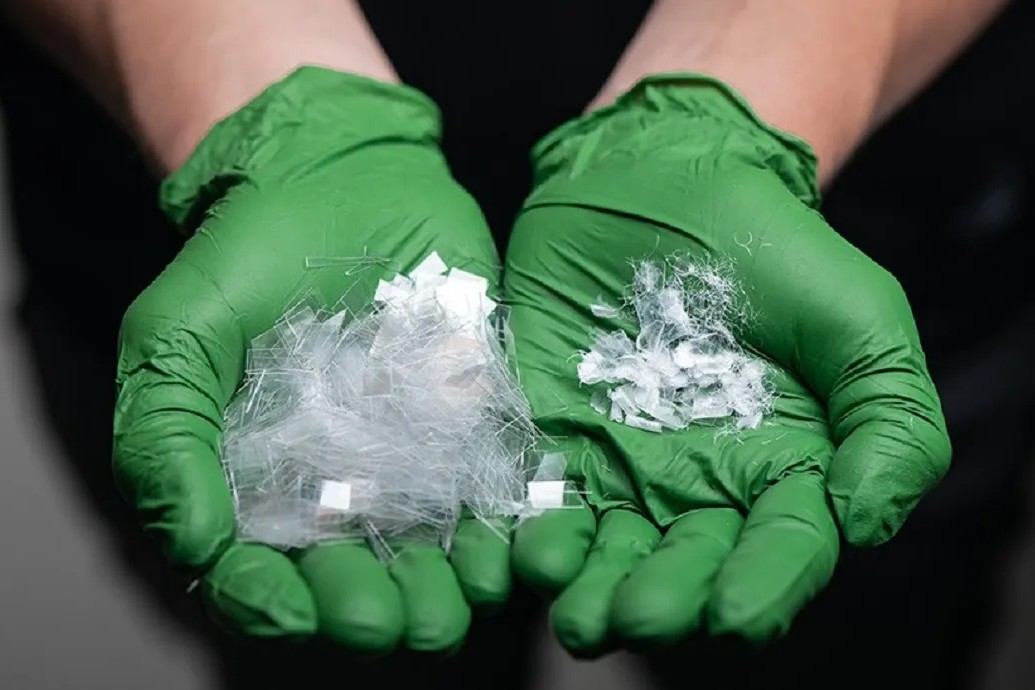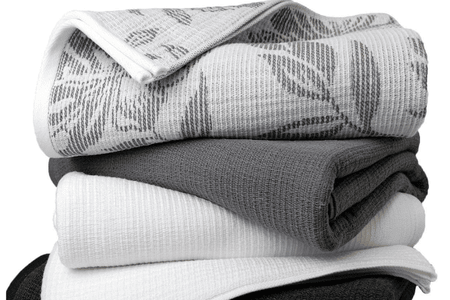
US' NREL team discovers cheaper way to recycle waste polyester textiles
YarnsandFibers News Bureau 2022-12-28 07:01:50 – USAResearchers from the National Renewable Energy Laboratory (NREL) in the US have discovered enzymes that could make it cheaper to recycle waste polyester textiles and bottles than making them from petroleum. The NREL-led research identified variations of plastic-eating enzymes that may modify to break down all forms of polyethylene terephthalate (PET), including tough crystalline forms.
According to a news release from NREL, the scientists used cutting-edge machine-learning techniques to find the enzymes.
PET, a substance made from the refinement of petroleum, is renowned for its toughness and adaptability. It can be easily spun into polyester clothes, woven into tough carpets, or molded into sealed containers.
Gregg Beckham, senior research fellow at the NREL and CEO of the US Department of Energy BOTTLE Consortium, said that the truth is that the majority of PET products—especially PET apparel and carpeting—are not recycled today using standard recycling technology. The scientific community is developing potential alternatives, including enzymes designed to depolymerise PET, although even these solutions have tended to rely on energy-intensive and expensive preprocessing processes to be effective.
Due to this, the majority of PET produced today ends up in landfills or the environment, even for PET products that are really recycled.
Beckham added that the story is evolving swiftly. Scientists now have an unrivaled view into the basic biology of PET-destructing enzymes thanks to advances in machine learning and synthetic biology. Beckham and colleagues at the University of Portsmouth and Montana State University employed these techniques to find new enzyme variations that show promise for breaking down even the most difficult PET without additional preprocessing, as described in research published in Nature Communications.
According to NREL, this might soon make recycling PET more cost-effective than producing it entirely from scratch using petroleum. "Not only could this mean we are on the edge of enzymatic recycling for all types of PET, including carpeting and apparel," the organization wrote on its website.
According to Beckham, among the most significant sustainability drivers of an industrial-scale enzymatic recycling facility are the cleaning, shredding, and heating processes required to prepare PET for deconstruction.
In order to make enzymatic recycling cost-competitive with producing PET resin from petroleum, Beckham said that these preprocessing stages must be minimized.
The scientists discovered in further tests that several of the enzymes identified by their machine-learning techniques were equally efficient in degrading crystalline and amorphous PET. Simply said, those enzymes may have helped soften the plastic's bonds without any prior processing.
Market Intelligence
Ask for free sample Report

experience
Customer Base
dedicated team
Countries Served Worldwide









